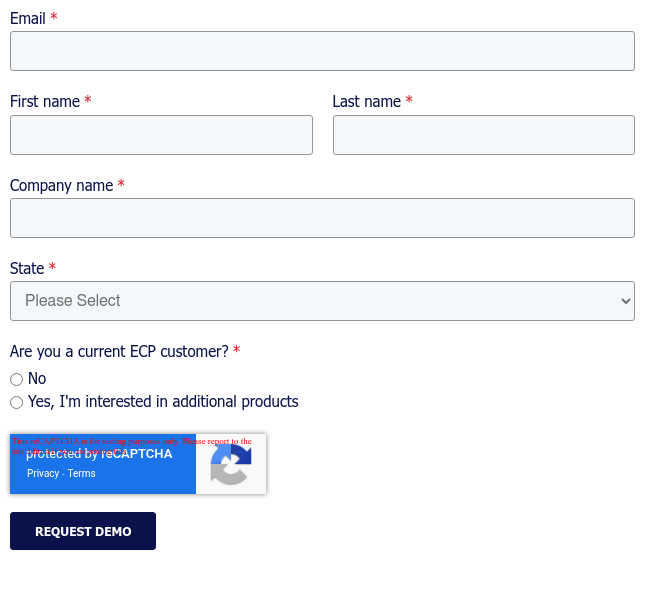Understanding Nebraska Title 175 Chapter 4: Provision of Medication
Medications play a vital role in the healthcare system, aiding in the prevention, treatment, and management of various health conditions. However, their effectiveness relies on proper administration, dosage, and monitoring. Nebraska Title 175 Chapter 4 establishes a comprehensive framework to govern the provision of medication within the state, encompassing diverse aspects of medication management.
Key Provisions:
-
Licensed Personnel: One of the fundamental aspects outlined in Chapter 4 is the requirement for medication administration to be conducted by licensed healthcare professionals. This ensures that individuals responsible for administering medications have the necessary training and expertise to do so safely.
-
Documentation and Record-Keeping: Proper documentation is crucial in healthcare. Chapter 4 mandates accurate record-keeping of medication administration, including details such as patient information, medication name, dosage, route of administration, and date/time of administration. This information is invaluable for monitoring patient progress and ensuring continuity of care.
-
Medication Storage and Handling: The chapter provides guidelines on the appropriate storage and handling of medications. Proper storage conditions, including temperature and humidity requirements, are specified to maintain the efficacy and safety of the medications.
-
Patient Education: Healthcare providers are required to educate patients about their medications. This includes information about the medication's purpose, correct dosage, potential side effects, and the importance of compliance. Patient education promotes understanding and collaboration, leading to better health outcomes.
-
Medication Errors Reporting: In the event of a medication error, healthcare facilities are obligated to report these incidents as per the regulations outlined in Chapter 4. Reporting errors is essential for analyzing the root causes, implementing corrective measures, and preventing similar incidents in the future.
-
Quality Assurance Programs: Healthcare facilities are encouraged to establish quality assurance programs related to medication administration. These programs focus on continuous improvement, ensuring that medication-related processes are regularly reviewed and optimized for safety and efficiency.
Significance of Compliance:
Compliance with Nebraska Title 175 Chapter 4 is not just a legal requirement; it is fundamental to patient safety and the overall quality of healthcare services. Adhering to these regulations reduces the risk of medication errors, enhances patient outcomes, and fosters trust between healthcare providers and patients.
Nebraska Title 175 Chapter 4 sets the standards for medication provision, emphasizing the importance of safe, effective, and patient-centered care. Healthcare professionals and facilities must diligently follow these regulations to uphold the integrity of the healthcare system and prioritize the well-being of their patients. By adhering to the provisions outlined in Chapter 4, Nebraska's healthcare industry can continue to deliver high-quality, safe, and reliable medication services, ensuring the best possible outcomes for patients across the state.
Interested in learning more about ECP? Fill out the form below to receive a personalized demo.
Note - The information provided on this website does not, and is not intended to, constitute legal advice; instead, all information, content, and materials available on this site are for general informational purposes only. ECP makes no warranties as to the accuracy of this content and does not commit to updating it as regulations change. Readers of this website should contact their attorney to obtain advice with respect to any particular legal or compliance matter.



